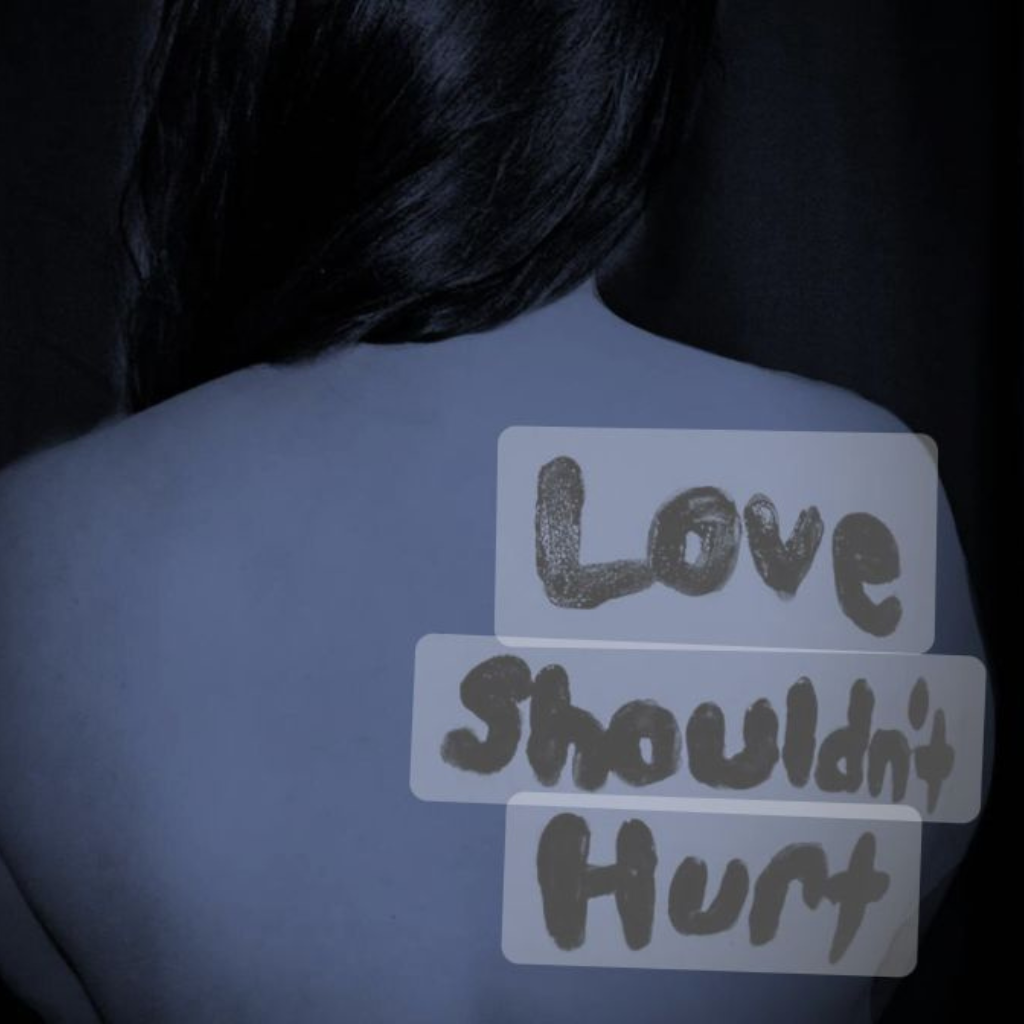Domestic Violence (VAWA)

Many immigrants don’t speak English and are separated from family and often fall victims of domestic violence. The REB Human Services gives easier solutions to get rid of any kind of domestic violence. A federal regulation in the United States that both improves the legal tools that are used to prevent violence against women and protects women who have been victims of abuse. In September of 1994, then-President of the United States Bill Clinton gave his signature to officially make it a law. The Violence Against Women Act (VAWA) is significant not only for the changes it brought to the law but also for the attention it brought to issues of domestic violence, dating violence, sexual assault, and stalking. Together, these issues affect an alarmingly high number of women in the United States. The first version of the Violence Against Women Act was included in Title IV of the Violent Crime Control and Law Enforcement Act of 1994. As a direct consequence of the legislation that was passed in 1995, the Office on Violence Against Women (OVW) of the Department of Justice was founded. (DOJ). In order to put the Violence Against Women Act (VAWA) into operation, the U.S. Department of Health and Human Services (HHS) and the Office on Violence Against Women (OVW) were assigned the task of administering grant programs to state and municipal governments at the local and state level. The work that is done to prevent and treat instances of domestic violence and child abuse, in addition to educating advocates for victims, is a key emphasis of the funds that are funded by the Department of Justice (DOJ).
Shelters, programs to prevent and educate against rape, activities to minimize the sexual abuse of homeless and runaway teenagers, and education projects pertaining to domestic violence are all financed via funds that are controlled by the Department of Health and Human Services. In addition, the VAWA mandates the conduct of research on the factors that contribute to and result from acts of violence against women. It may be difficult to determine whether or not someone is being mistreated if there was no one else there to witness the abuse or if the victim is too afraid to come forward and report the incident. Because of both of these factors, it could be difficult to determine. Non-violent acts of extreme cruelty include isolating the victim from society, threatening deportation or bodily damage, preventing the victim from working, insulting and humiliating them in private and/or public settings, and so on. Other examples of non-violent acts of extreme cruelty include sexually assaulting the victim or exposing them to harmful substances. The purpose of the Victims of Abuse Act (VAWA) is to give victims the ability to break free from their abusers and start their own lives by allowing them to apply for permanent residency without the consent, aid, support, or participation of the abusive spouse. In other words, VAWA gives victims the ability to apply for permanent residency on their own. It is not required for the abusive partner to engage in the application in order for this objective to be accomplished.
The importance of the therapist’s evaluation of the psychological repercussions of the abuse, as well as the degree and nature of the abuse, cannot be overstated in this circumstance. During the course of your examination, you should discuss the traumatic event, how it has impacted your life, and how it has affected your mental health with the R.E.B. Human Services provided that you are comfortable doing so. Taking this strategy could be beneficial to one’s health as well as their sense of self-confidence.
To get more information contact the R.E.B. Human Services today and get consultations about Domestic Violence (VAWA).
Contact Info
R.E.B. Human Services was founded by Ryan E. Bates. Ryan Bates has a brilliant mission to offer affordable and fast Immigrant Evaluations to clients who are already feeling stressed by the process and traumas.
